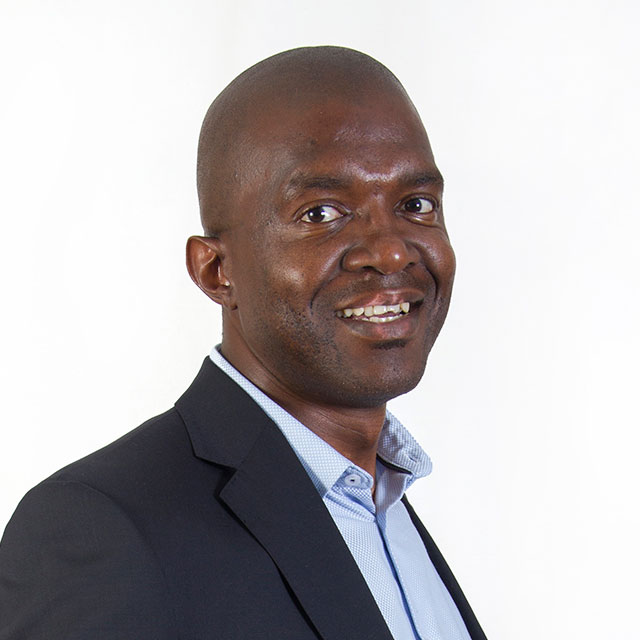
The highlight of his academic career. This is how Prof Mzukisi Qobo, deputy director at the NRF Research Chair on African Diplomacy and Foreign Policy at the University of Johannesburg describes the master’s degree in international studies he completed at Stellenbosch University (SU) in 2000.
The course’s innovative curriculum structure and inter-disciplinary approach enticed him to register at SU after completing his undergraduate studies at UCT.
“It took me to a higher level in my academic development, offered a bridge to find employment in government and gave me confidence to register for a PhD a few years later.”
After working for government for three years, Mzukisi received a scholarship to do his PhD at the University of Warwick in the United Kingdom. His supervisor there had been a visiting scholar at SU while Mzukisi was a master’s student.
“The master’s programme at Stellenbosch definitely equipped me for the rigours of intellectual life in the UK,” he adds.
Since leaving Stellenbosch, Mzukisi has fulfilled leadership roles that span government, policy think tanks and academia. In his former role as chief director responsible for trade policy at the Department of Trade and Industry, he drafted South Africa’s current trade policy. In his strategic advisory roles he has worked with the private sector and international donor organisations, advising them on issues related to governance, public policy and political economy.
He is a founding managing director at Afgrain Food Group, a company dedicated to supporting cooperative farmers in rural communities by offering them opportunities to upgrade their skills, providing them with assistance to improve their farming methods, and linking them with the markets. Mzukisi also serves on the boards of Corruption Watch and the Johannesburg Development Agency.
As an author, columnist, thought leader and public speaker on themes such as leadership, governance and political economy, he believes South Africa needs transformational and ethical leaders – leaders that are able to inspire confidence and energise South Africans to pull their weight.
“The notion of transformational leadership begins with individual responsibility. We need to understand that for SA to be better, we as individuals have to be better.”
He believes education is a powerful vehicle to drive change in our country.
“We have to prepare our young people for an unknown future and empower them with skills, not just to survive but to be resilient in the face of adversity. They need to learn to be problem solvers. In this way we will empower a next generation of leaders.
“We are the leaders we’ve been waiting for,” he concludes.
- By Pia Nänny -